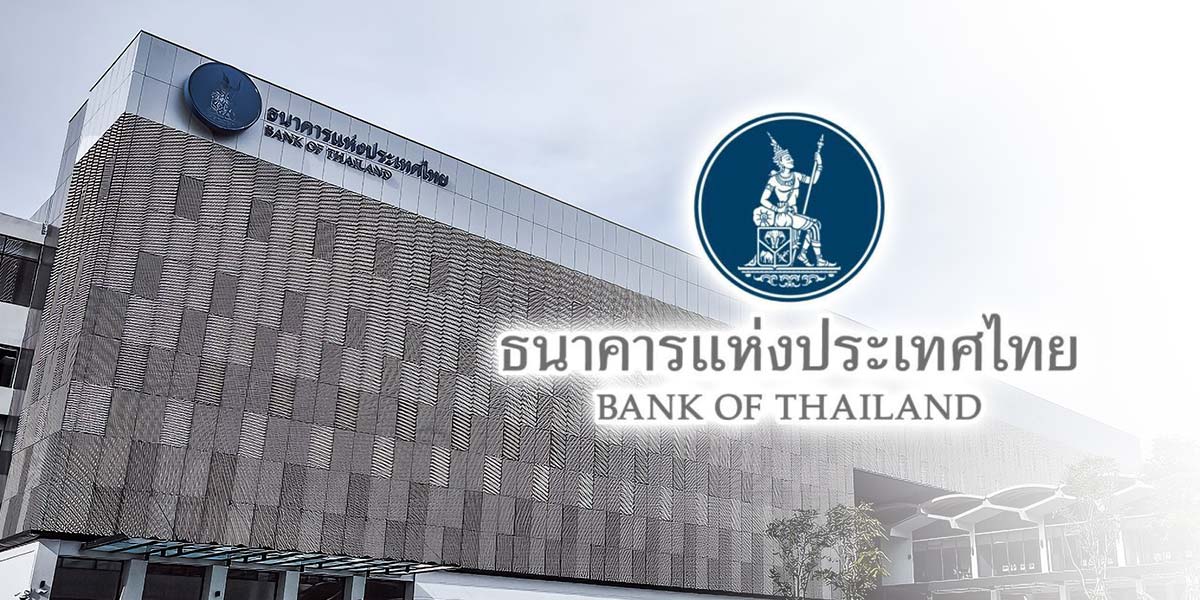The Bank of Thailand is widely anticipated to maintain its current interest rate at Wednesday’s meeting, opting to preserve its limited room for further monetary easing in light of unresolved trade uncertainties and resurfacing political tensions at home.
This cautious approach comes despite another month of declining consumer prices and signs of cooling economic growth.
According to a Reuters poll, conducted between June 16 and 20, economists over 60%—or 17 out of 27 respondents—expect the central bank to hold its policy rate steady at 1.75% on June 25. Meanwhile, 10 economists projected a 25 basis point reduction to 1.50%.
Recent data showed consumer prices dropping for a second straight month, with a 0.57% decrease in May following a 0.22% fall in April. First-quarter economic growth slowed to 3.1%, highlighting a more fragile pace of recovery.
An economist from OCBC Bank stated that given the limited room for maneuver, the BOT can afford a wait-and-see approach, allowing time for the impact of previous rate cuts to filter through the economy. Meanwhile, the responsibility now shifts toward the government, which must employ fiscal measures and accelerate trade negotiations to buffer downside growth risks.
Looking further out, 17 of 24 economists providing longer-term forecasts foresee the Benchmark Rate dropping by 25 basis points to 1.50% by the end of September. Five expect no change, while two see the rate falling even further to 1.25%. By year-end, half of the surveyed economists—12 of 24—predict the key rate will remain at 1.50%.
The outcome of ongoing trade discussions with the United States adds an additional layer of uncertainty. A threatened 36% tariff on Thai exports, announced in April but temporarily suspended for 90 days, could take effect if an agreement is not reached by the July 9 deadline.
Additionally, mounting political friction within Thailand is also seen as a potential headwind, which could further complicate the central bank’s monetary policy considerations.





